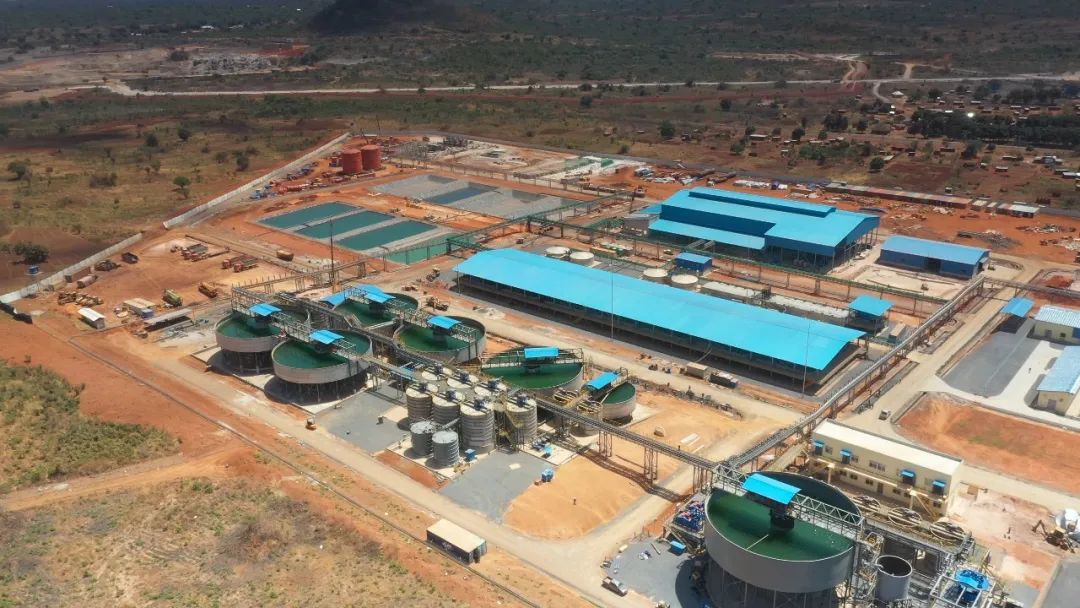"Going Out" to Capture "Belt and Road" Opportunities (Expert Opinion 4): Cross-Border Financing Serving Outbound Investment
"Going Out" to Capture "Belt and Road" Opportunities (Expert Opinion 4): Cross-Border Financing Serving Outbound Investment
As an important business platform of the Asia-Pacific region, Hong Kong boasts many advantages, including a sound legal system, free movement of funds and information, and all kinds of legal/accounting and other professional services. Conrad Tsang, Chairman of the PRC Committee of the Hong Kong Venture Capital and Private Equity Association (HKVCA), pointed out that mainland companies may absorb external capital through Hong Kong for their overseas projects and other operations when investing in countries along the Belt and Road. Leveraging Hong Kong's strengths as regional headquarters, they may also make use of the territory's efficient business environment to coordinate investments in the mainland, Asia and other Belt and Road markets and boost the efficiency of "going out" as a whole.
Financing Overseas Investment Projects
In an interview with the HKTDC Research, Conrad Tsang said: "Unlike startups that need the support of seed or angel funds, mainland companies planning to 'go out' and invest abroad have grown to a considerable scale and have good assets and cash flow. This notwithstanding, most of them still need financing for their overseas projects and need to seek sufficient funds to support the development of these projects.

"Hong Kong's low tax rate and relatively simple tax system, well-developed financial infrastructure and efficient communications networks have attracted many venture capital and private equity funds to set up offices in the territory. Many of these are managing the funds of local investors, but a good part of them have funds from all over the world.
“On the one hand, they make use of Hong Kong networks to develop mainland-related investment projects, on the other hand, they also take advantage of Hong Kong's position as their regional headquarters to seek investment opportunities and manage investment projects in the Asia-Pacific region. Their business covers Southeast Asian countries like Vietnam, Malaysia and Thailand, Central Asia and even Russia and other countries along the Belt and Road. With China 'going out' to expand business with countries along the Belt and Road, there is plenty of room for cooperation between Hong Kong's venture capital and private equity firms and China's 'going out' enterprises."
Hong Kong is an international financial centre, with a low tax rate, convenient business environment and other advantages. Geographically it lies next to the rapidly developing Asian region as well as mainland China, which has already become a major world economy.
As such, it is attracting international venture capital and private equity firms eyeing opportunities in the Asia-Pacific markets to shift their regional headquarters to the territory. They make use of Hong Kong's information resources and networks to find investment opportunities in the mainland, Asia and even countries along the Belt and Road and engage in fund raising and other financing activities. They also make use of Hong Kong's professional services to handle accounting, contract, legal and other matters, manage their business presence in the mainland and other regions, and secure and conclude investment deals locally.
Injecting International Elements in Going Out Enterprises
Tsang believes that Hong Kong is attractive in part due to its freedom from some of the business obstacles encountered elsewhere. He said: "Mainland companies often need foreign currency capital to finance their operations when developing business abroad, including establishing sales networks, carrying out direct investment, and engaging in purchases and all kinds of acquisitions. At present, they are still subject to many restrictions in trying to raise capital for overseas projects through domestic channels.

“Through Hong Kong's business platform and its advantage in the movement of capital, mainland companies can effectively overcome investment and financing hurdles in their overseas ventures. In fact, Hong Kong's venture capital and private equity investors can not only help in equity funding but can also inject international elements into mainland companies. Through their international corporate structure in Hong Kong, they can carry out cost-effective equity and debt financing for outbound investment projects and support the development and operation of these projects.
“Investors from all over the world converge in Hong Kong and venture capital and private equity firms with footholds in Hong Kong have become important clusters of investors in the Asia-Pacific region. They can effectively assist ‘going out’ mainland companies investing in projects along the Belt and Road.”
HKVCA currently has over 340 corporate members, including 190 private equity firms, and manages a total of US$1 trillion in assets. These firms are engaged in venture, growth, buyout and other funds in the Asia-Pacific region.[1] A total of US$67 billion in private equity funds were raised in Asia last year, about 18% of which were gathered in Hong Kong. There were 354 private equity entities with headquarters in Hong Kong as of the end of 2015.[2]
[For examples of how Hong Kong investors can help mainland companies in "going out", please see: “Going Out” to Capture “Belt and Road” Opportunities (Expert Opinion 5): A Co-investment Example of Going Global]
[1] Source: HKVCA.
[2] Source: Asian Venture Capital Journal/data quoted by the Hong Kong SAR government.
| Content provided by |

|






